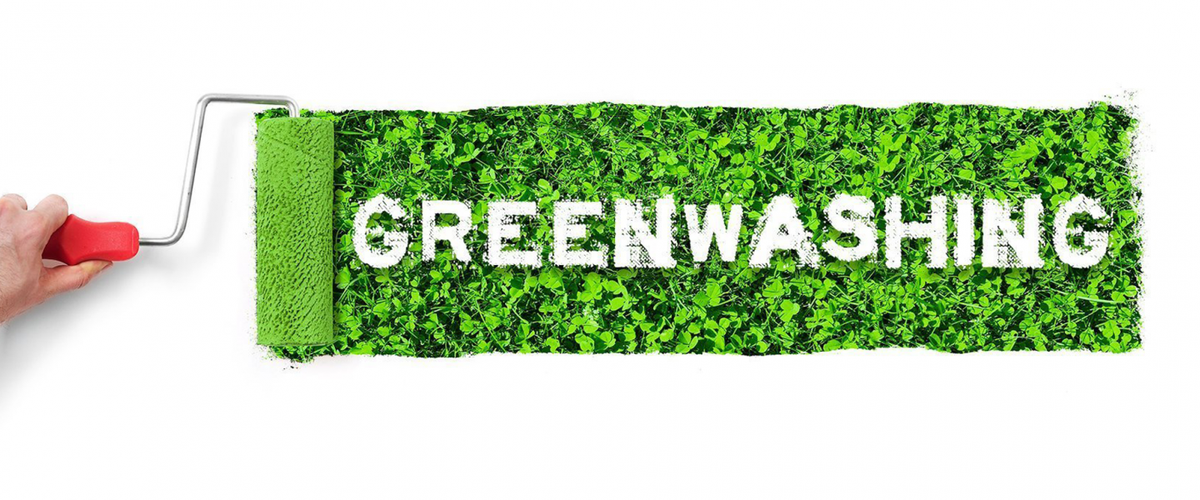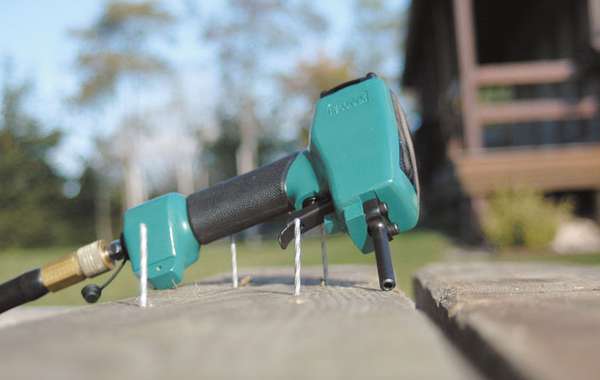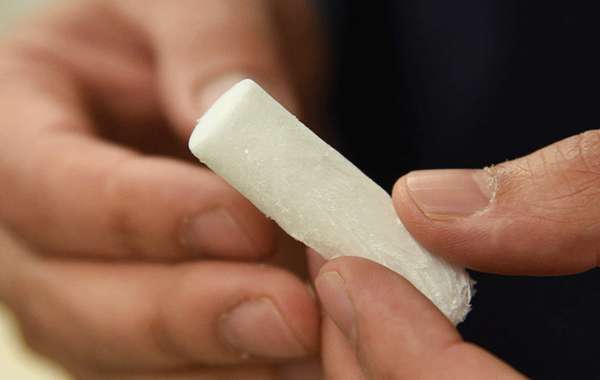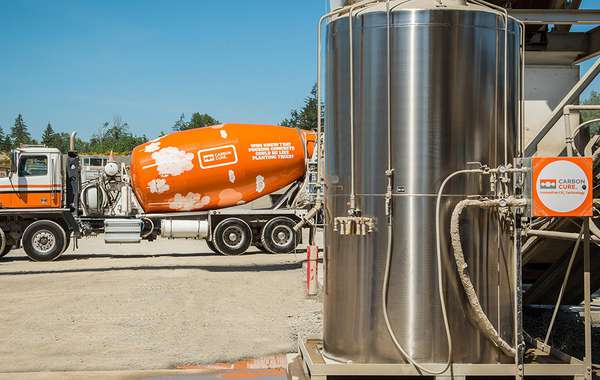So whatisproduct Greenwashing?
绿色清洗吗?听说过充满塑料和有害废物的“天然保温”硬板产品吗?没有?还记得你第一次听到这句话的地方吗……As much as we appreciate good marketing, we really dislike "Greenwashing" of products (see here for definition) and much prefer clear and ethical labeling, likethe FSC labels for sustainable wood products.因此,今天听到英国和欧洲开始对“洗绿”行为进行一项重大调查,我们感到很振奋。"
Why is the CMA investigating Greenwashing?
As a market worth an estimated $160 billion dollars a year in English speaking countries and accounting for up to 90% of consumer spending growth, the "sustainable" labelled market sector is one that looks very attractive to Brand marketers.As it is so attractive, and because of a rising number of consumer complaints and concerns, the CMA will investigate descriptions and labels used to promote products and services claiming to be ‘eco-friendly’ - especially in relation to whether they could mislead consumers.
This new investigation by the CMA is a response to the growing number of products and services being marketed as environmentally friendly, as awareness of environmental issues increases. In 2019, UK consumers alone spent £41 billion a year on ethical goods and services – almost 4 times as much as people spent two decades ago.
Based on its own research and evidence from other enforcers, the Competition and Markets Authority (CMA) is concerned that this surge in demand for green products and services could incentivise some businesses to make misleading, vague or false claims about the sustainability or environmental impact of the things they manufacture and/or sell.
Examples of misleading Greenwashing behaviour could include:
- Exaggerating the positive environmental impact of a product or service;
- using complex or jargon-heavy language;
- implying that items are eco-friendly through packaging and logos when they are not.
As part of its work, the CMA will also consider whether failing to provide all relevant information about the sustainability of a product or service – for example, whether it’s highly polluting or non-recyclable – could mislead consumers and therefore break consumer law in the UK and Europe.
So, this Greenwashing is only in the UK?
No, although UK marketing practices will be the focus of the CMA’s examination, the CMA is also taking a leading role in looking at green claims in a global context - which is where Ecohome's ears pricked up.Work will be carried out alongside the Dutch Authority for Consumers and Markets, as part of a project with ICPEN (the International Consumer Protection and Enforcement Network). Initially, from the 9th to the 20th of November 2020, the CMA will co-ordinate a ‘sweep’ of randomly selected websites with ICPEN members, with the aim of identifying the types of misleading green claims being made around the world by greenwashing marketeers.
To start, the CMA is looking across a wide range of sectors, although it is likely to focus on those industries where consumers appear most concerned about misleading claims, including textiles and fashion, travel and transport, and fast-moving consumer goods (food and beverages, beauty products and cleaning products).

Famous Examples of Greenwashing
Probably the best-known example of Greenwashing in recent years is Volkswagen’s emissions-cheating scandal该公司承认在其1100万辆“清洁柴油”上安装了旨在欺骗排放控制的装置。由于联邦贸易委员会与大众达成的和解协议,该公司同意退还环保消费者超过110亿美元,以解决该机构的指控,这一事件成为头条新闻并不令人意外。
The CMA also wants to better understand the impact of green marketing on consumers, in line with the commitment made in its annual plan.The CMA is therefore calling on the public to have their say hereon what they expect from eco-friendly products, how often they come across green claims, and how these claims affect their purchasing decisions. The CMA is also consulting with charities, businesses and other organisations to get a clearer picture of the issues in this area - and the Ecohome Network have reached out to participate.
Following these discussions, the CMA intends to publish guidance for businesses next summer to help them support the transition to a low carbon economy without misleading consumers. At this early stage, the CMA has not reached a view as to whether or not consumer protection law has been broken. However, if it finds evidence that businesses are deliberately misleading consumers, then it will take appropriate action.
Andrea Coscelli,Chief Executive of the CMA, said:
"Increasing numbers of people are quite rightly concerned about the environment and want to play their part by being greener. Our role is to make sure that consumers can trust the claims they see on products for sale and don’t fork out extra for items falsely presented as eco-friendly.
我们知道,许多企业将寻找减少碳足迹的方法,我们强烈支持这一点,但他们的声明不能在这个过程中误导消费者。重要的是,人们可以很容易地在那些为环境做了正确的事情和那些没有做的事情之间做出选择,这样真正投资环保的企业才能得到客户的适当回报。”
We couldn't put it better ourselves! Voting with our wallets is the surest way to change the environmental quality ofsustainable products available in the marketplace.
Learnmore about choosing eco-friendly building materials,building with recyled wood, and other easy choices that helpreduce the environmental footprint of construction projects, all in these pages :
Findmore about green home constructionin the EcohomeGreen Building Guide pages- also, learn more aboutthe benefits of a free Ecohome Network Membership here. |
All updates on the CMA’s work in this area can be found onthe misleading environmental claims case page.
Some of the text on this page is republished and contains public sector information licensed under the Open Government Licence v3.0. The original information page can be reviewedhere



























Comments (0)
Sign Up to Comment